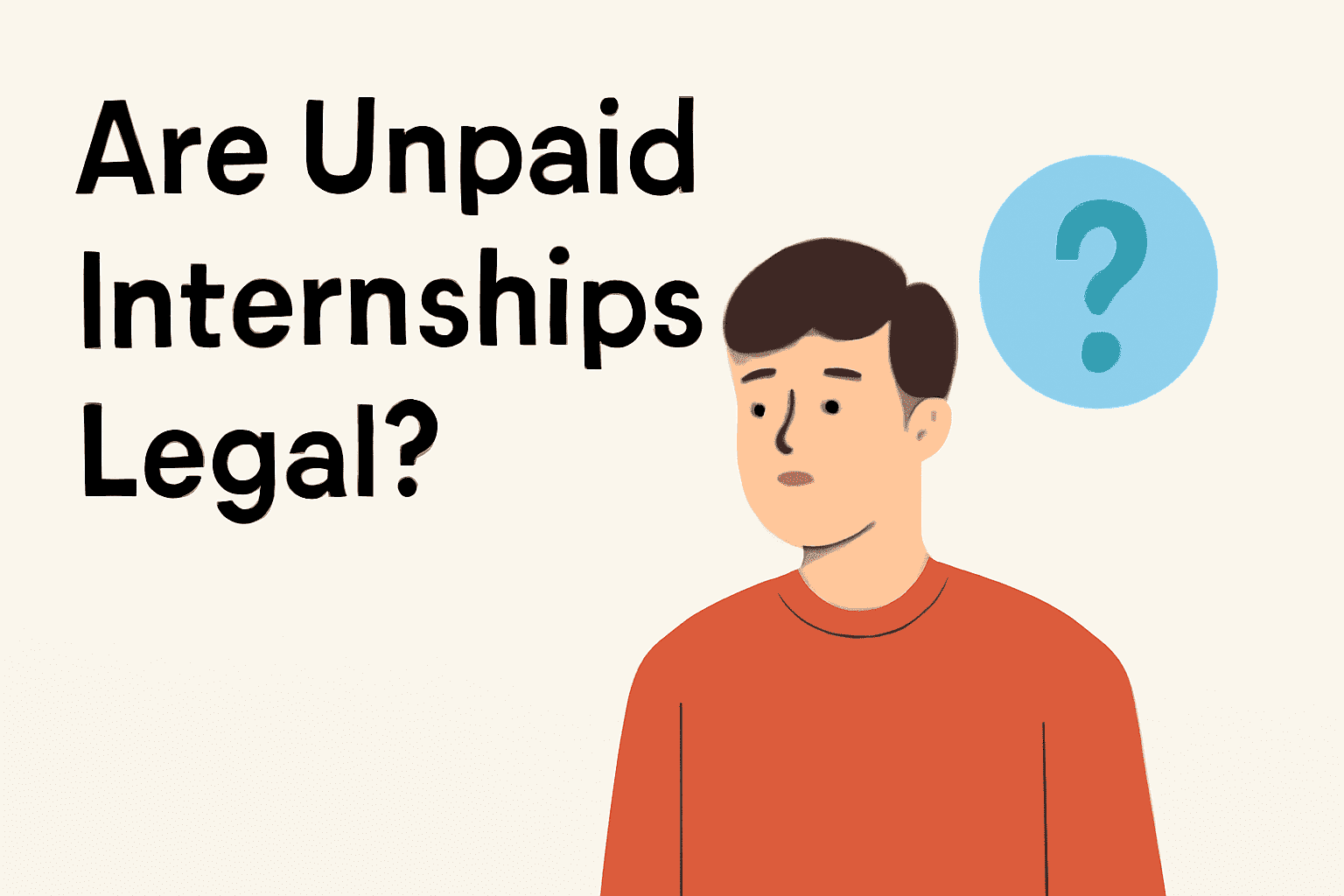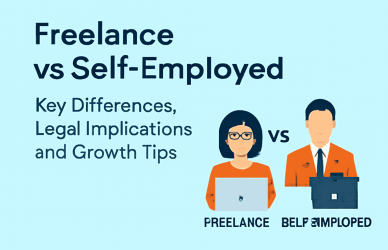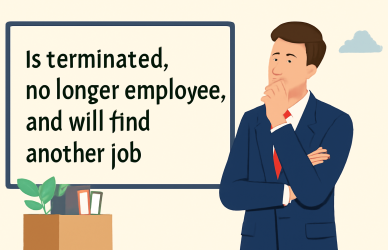What Does “Legal” Actually Mean for Unpaid Internships?
Whether are unpaid internship is legal isn’t black and white. It depends entirely on who benefits more from the arrangement, the intern or the employer. Under U.S. labor law, unpaid internships are only lawful when the intern is the primary beneficiary of the experience. This means the program should be educational, supervised, and structured for learning, not designed to provide the company with free labor.
If the employer gains an immediate advantage from the intern’s work, then the intern must be paid at least minimum wage and overtime. In short, an unpaid internship can be legal, but only if the intern gains more training and education than the employer gains in productivity.
The Federal Rule: The “Primary Beneficiary” Test
The U.S. Department of Labor (DOL) created the Primary Beneficiary Test to clarify when unpaid internships are lawful under the Fair Labor Standards Act (FLSA).
Rather than relying on one rule, the DOL uses seven factors that courts review as a whole. These factors ask:
- Is the internship similar to the training provided in an educational environment?
- Is the experience tied to a formal education program, like coursework or academic credit?
- Does the internship accommodate the intern’s academic schedule?
- Is it limited to the period of beneficial learning, not ongoing work?
- Does the intern’s work complement, rather than replace, paid employees?
- Is there no guarantee or promise of a paid job afterward?
- Do both the employer and intern understand that the position is unpaid?
Example:
If an intern spends a summer shadowing staff, learning professional tools, and receiving feedback while producing small, educational projects, that’s likely legal.
But if the same intern is assigned real client deliverables with deadlines, replacing staff work, the law would treat them as an employee, requiring payment.
If an intern spends a summer shadowing staff, learning professional tools, and receiving feedback while producing small, educational projects, that’s likely legal.
But if the same intern is assigned real client deliverables with deadlines, replacing staff work, the law would treat them as an employee, requiring payment.
When Unpaid Internships Become Illegal
Many companies unintentionally cross the line from “educational experience” into unpaid labor.
An unpaid internship is likely illegal if:
- The intern performs work that benefits the company financially.
- There’s no mentorship or structured learning plan.
- The intern replaces a paid position or handles regular employee duties.
- The internship runs for several months with little or no educational oversight.
- The company promises (or implies) a paid job at the end.
Are Unpaid Internships Legal in California?
California is one of the strictest states when it comes to labor classification. The Division of Labor Standards Enforcement (DLSE) has its own trainee/intern analysis, similar to the federal test but with more scrutiny.
Here’s what California looks for when deciding if an unpaid internship is legal:
- The training must be educational and structured, not just on-the-job labor.
- The intern must not replace paid employees.
- The employer must not gain an immediate advantage from the intern’s activities.
- The intern must be under constant supervision by experienced staff.
- The internship must be for the benefit of the intern, not the company.
California regulators often compare unpaid internships to vocational training or a school environment. If the role doesn’t meet these standards, the intern must be paid.
So, are unpaid internships legal in California?
Yes, but only if they are structured as genuine training programs focused on education. Any hint that the company is using interns for cheap labor can result in penalties, back wages, and legal disputes.
Yes, but only if they are structured as genuine training programs focused on education. Any hint that the company is using interns for cheap labor can result in penalties, back wages, and legal disputes.
Are Unpaid Internships Legal in NYC (New York)?
New York applies an even more stringent standard than federal law. The New York State Department of Labor uses an 11-factor test for for-profit employers to determine if an internship can be unpaid.
To qualify, the internship must meet all 11 criteria, which focus on:
- Providing a learning experience similar to an academic setting
- Ensuring the intern does not displace paid workers
- Preventing the employer from gaining an immediate business advantage
- Maintaining close supervision and educational mentoring
- Clearly stating that there is no expectation of wages or employment.
Because the state’s test is so detailed, very few for-profit companies can meet all the requirements.
So, are unpaid internships legal in NYC?
Only in rare, tightly controlled circumstances. Most unpaid internships in New York must be connected to school programs or nonprofit organizations to comply with labor law.
Only in rare, tightly controlled circumstances. Most unpaid internships in New York must be connected to school programs or nonprofit organizations to comply with labor law.
How Are Unpaid Internships Legal?
Many people ask, “How are unpaid internships legal at all?”.
The answer lies in the educational exemption built into both federal and state labor laws. The law recognizes that some internships function more like training programs than jobs. When the intern is genuinely learning, gaining academic credit, supervised instruction, and exposure to a profession, that experience can qualify as unpaid.
However, this doesn’t mean companies can simply label a role an “internship” and skip paying wages. The structure, supervision, and educational alignment are what make it legal, not the title.
Nonprofits, Government Agencies, and Academic Credit
There are a few exceptions where unpaid internships are more likely to be legal.
1. Nonprofit Organizations
Interns or volunteers at charitable, religious, or humanitarian organizations may work without pay if their motivation is volunteering rather than seeking employment. The key factor is intent they must be donating their time to the mission, not performing staff duties.
2. Government Agencies
Government internships (like city hall, public service, or court clerk roles) can often be unpaid under special exemptions, as long as they meet public-interest or educational goals.
3. Academic Credit
Receiving college or university credit can help show that an internship is educational. However, credit alone does not automatically make it legal to be unpaid then the internship must still meet all required criteria under the FLSA or state law.
Employer Compliance Checklist (For Legal Unpaid Internships)
For businesses asking how unpaid internships can be structured legally, here’s a compliance-oriented checklist to follow:
- Develop a written training plan outlining learning goals, mentorship, and skill development.
- Coordinate with educational institutions so interns can receive academic credit or structured supervision.
- Limit the duration of the internship to the period necessary for training.
- Supervise interns closely they should shadow, learn, and assist, not work independently.
- Do not replace paid employees. Interns should complement staff, not substitute for them.
- State in writing that the internship is unpaid and doesn’t guarantee future employment.
- Ensure no immediate advantage to the employer, and if productivity increases because of the intern, that’s a red flag.
- Document progress with evaluations, feedback, and completion certificates.
Red Flags Interns Should Watch For
If you’re an intern or student considering an unpaid role, look for warning signs that the internship might not be legitimate.
You’re performing the same tasks as full-time employees.
You’re meeting deadlines or KPIs that directly affect business outcomes.
You receive little to no supervision or mentorship.
The company relies heavily on interns to meet workload demands.
The internship runs for months with no clear training goals.
You’re told the role is a “trial period” for a paid position.
You’re meeting deadlines or KPIs that directly affect business outcomes.
You receive little to no supervision or mentorship.
The company relies heavily on interns to meet workload demands.
The internship runs for months with no clear training goals.
You’re told the role is a “trial period” for a paid position.
If these apply, you’re likely doing employee-level work, and by law, you should be paid.
FAQ’s:
Are unpaid internships legal?
They can be, but only when they are structured as educational training experiences that primarily benefit the intern.
Are unpaid internships legal in California?
Yes, but only when they meet the DLSE’s strict educational and supervision criteria. Most for-profit companies must pay interns unless they offer a true training program.
Are unpaid internships legal in NYC?
Rarely. New York has the toughest standards, requiring all 11 factors to be satisfied before an internship can legally be unpaid.
How are unpaid internships legal without pay?
They’re legal when designed for education, mentorship, and skill development, rather than productive work that benefits the company.






